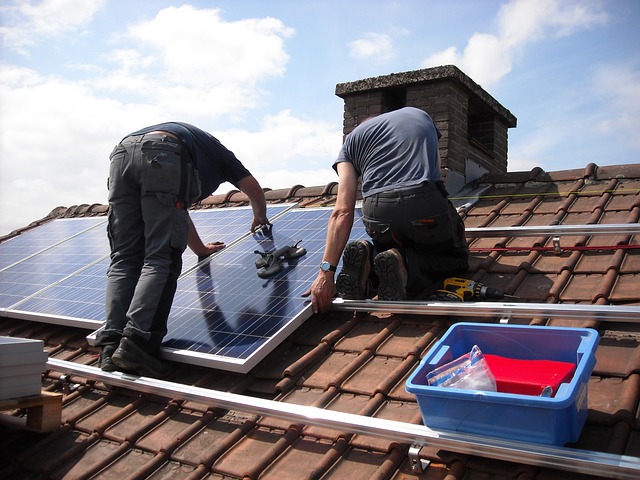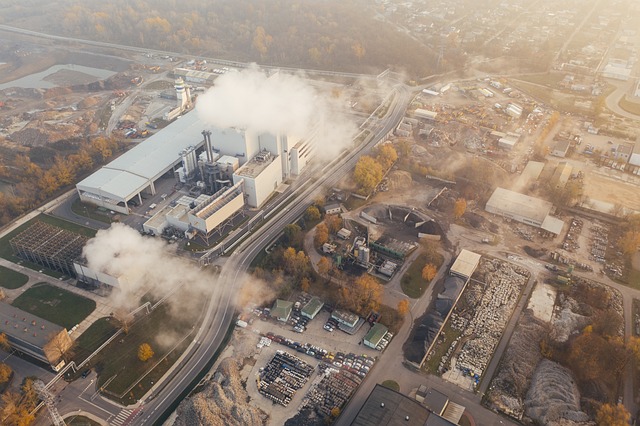
The nation’s growing solar industry is especially beneficial to homeowners in Arizona, where sunny days are the norm. Places like Phoenix and Yuma which average 300 or more sunny days every year are especially supportive of residential solar energy. Yet, even those locales sometimes have several days at a time when the sun does not shine. When those days happen, many people lose the full potential benefit of their residential solar systems, so they only get half of the potential benefit of a solar power system.
Why are people only partly benefitting from their residential solar power units? Because they are not storing excess energy with a battery system. In fact, across the nation, only a very small percentage of residential solar systems include a storage element to capture excess energy and literally save it for a rainy day. Fortunately, the best solar companies in Phoenix are perfectly capable of installing a solar + storage system that provides both.
Elements of a Solar + Storage System
The combination of solar panels and a battery storage system delivers the full benefits of residential solar energy. A solar panel produces the energy that an inverter can send to a battery to charge it and keep the excess stored instead of sending it to the local power grid. Such a solar + storage system makes it possible for you to obtain the full benefit of your residential solar power system.
Suppose you already have solar panels and are benefitting from solar energy on sunny days. In that case, you can lessen your reliance on the local power grid by purchasing a lithium-ion battery that can store excess energy produced on long and sunny days. The batteries are not cheap, and demand is growing for lithium-ion batteries for many reasons, including powering electric vehicles and creating solar + storage systems.
A lithium-ion battery could cost between $20,000 and $30,000, which is a significant cost investment. They also require some space to mount the power cells inside your home – although the storage system does not require a lot of space. Fortunately, there are some tax incentives that can offset that cost with energy savings and security generally paying for the rest over time. Ultimately, the storage element pays for itself by giving your home an additional layer of protection against power outages and rolling brownouts or blackouts.
Federal and State Tax Incentives Offset Costs
Every homeowner in Arizona can take advantage of the federal government’s tax incentive for adding storage to their residential solar power systems. The federal government allows homeowners to obtain up to 30 percent of the cost to install a battery storage system for their solar-powered homes. That is a significant discount on the overall cost of buying a lithium-ion storage system and paying to install it in your home.
In addition to the federal tax credit, Arizona homeowners also could obtain an up-to $1,000 state income tax credit for installing solar devices. The credit will reimburse 25 percent of the cost of installing solar panels and other solar devices, such as a storage system. If you spend $4,000 or more on solar panels and a storage system, you would qualify for the full $1,000 credit. If you don’t spend enough to receive the full $1,000 credit, you could obtain whatever amount might be left by installing additional solar devices during a subsequent year.
The combination of potential state and federal tax incentives makes it much more affordable to add storage capability to residential solar power and lessen the demand on the power grid.



